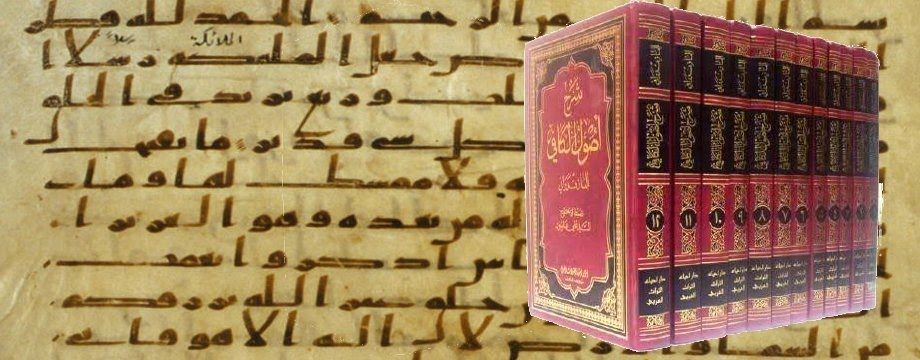One of the principles that has been debated among the scholars is known as the Principle of Reparation (Qa’idat al-Injibar) which states that if the majority of scholars (al-Mashhur) act upon a tradition, it makes up for and ‘repairs’ the weakness in the chain of narrators of that tradition. Certain scholars, like Ayt. al-Burujardi (r), have accepted this principle and have included the caveat of precaution (ihtiyat) in their religious edicts (fatawa) when dealing with traditions that have been ‘repaired’ in this way. Other scholars like Ayt. al-Khui (r) reject this principle. Now let us look briefly at the arguments that have been presented against this principle:
The basis of this principle is the saying of the 5th Imam (‘a):
خذ بما اشتهر بين الأصحاب ودع الشاذ النادر
But this saying refers to cases where there is a contradiction between two traditions that seem equally authentic, so it cannot really be used as the basis of this principle in the first place.
Some other reasons for not accepting this principle include:
1) How are we to know that all the well-known scholars acted upon a certain tradition? The fact that six or seven scholars scholars, whose works have reached us, acted upon a narration does not prove that all the well-known scholars did so.
2) Is the shuhra being referred to one of the olden scholars or of the contemporary scholars? If we say that it includes the shuhra of the contemporary scholars then this will be problematic because of the long gap between them and the time of the actual narration.
3) How can we prove that the well-known scholars acted as they did because of that particular narration and not for any other reason?
Therefore, we can conclude that this principle needs to be re-examined and all the problems arising therefrom need to be solved before it can be used as a means of authenticating any narration. And Allah knows best.

